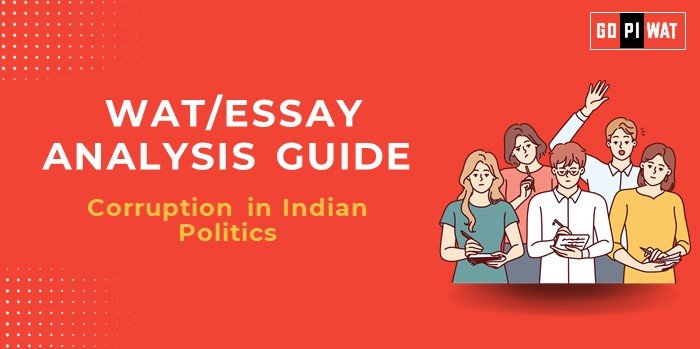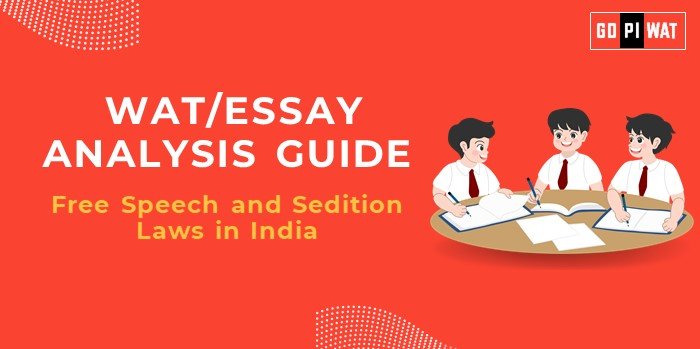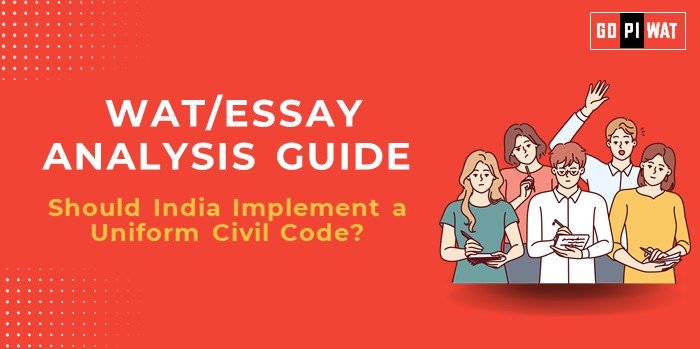WAT Analysis Guide: Should the Minimum Age for Voting Be Lowered to 16?
🖋️ Written Ability Test/Essay Analysis Guide: Should the Minimum Age for Voting Be Lowered to 16? 🌟 Understanding the Topic’s Importance Lowering the voting age aligns with evolving social dynamics and empowers younger citizens in shaping their futures. This topic intersects democracy, education, and policy development—key areas for B-school analysis. 📝 Effective Planning and Writing…
read more












